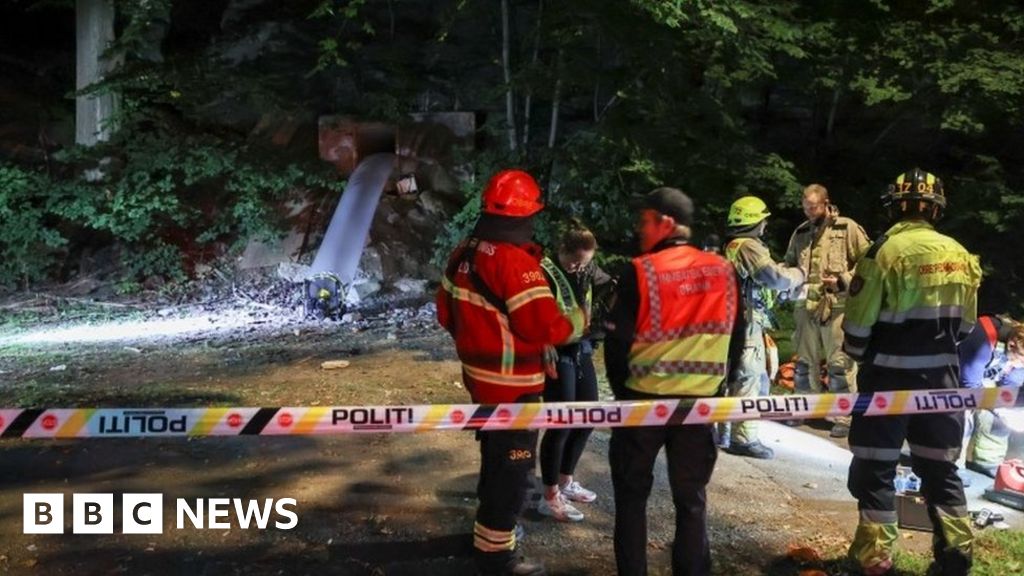A lot of people getting COVID-19 a second time, and being sicker the second time around, are sicker because it apparently takes many people a very long time to recover from lung damage. So getting it within a few months of recovery-- or maybe I should say “recovery,” because from what I understand, no one is sure if people really are getting it twice, or just apparently getting well, but actually just having the virus become dormant for a short time, then resurge-- is getting it before one is fully recovered. The first time you got it, you were healthy. The second time, you were not, and everyone knows people who are unhealthy get hot harder.
It’s also possible that people who experience a resurgence were infected either with a more virulent strain, or had an incomplete immune response to it, and the resurgence was of an even YET more virulent form, that overcame the resistance the body did offer.
There are other examples of viruses that clear in most people but in other people become dormant, and then resurge to cause terrible problems. HPV, the virus Gardasil prevents apparently clears in many people, but not all, and the one in whom it does not clear are the ones at risk for cancers.
There’s even some evidence that a few people have cleared HIV-- very rare, but there have been people who tested positive many times in a row over a few years, then tested negative, and continued to do so, and finally had a test for the presence of the actual virus, and none was found.
They tested positive back when the only test was for antibodies, not the actual virus, and since false positives do happen, but several in a row is unlikely, no one is quite sure whether the law of extremely large number has dictated that a few people will test positive falsely several times in a row, before testing negative, or these people actually had the virus, carried immunities for a while, then stopped making them once the virus had been gone for some time.
Vaccines are built out of parts of a virus anymore, and designed not to make you sick. The parts that trigger immunity, and the parts that trigger symptoms are teased apart, so that only the parts that trigger immunity are used in the vaccines (to oversimplify, but pretty much, that’s how most vaccines are made these days-- they used to be attenuated by being put through animal tissue, or by finding a way to administer them that didn’t make you sick).
The point being, there’s a big difference between recovering from an illness, and being vaccinated against one.
So no, data on people who got sicker the second time around is not “obviously” evidence of a vaccine being dangerous.
